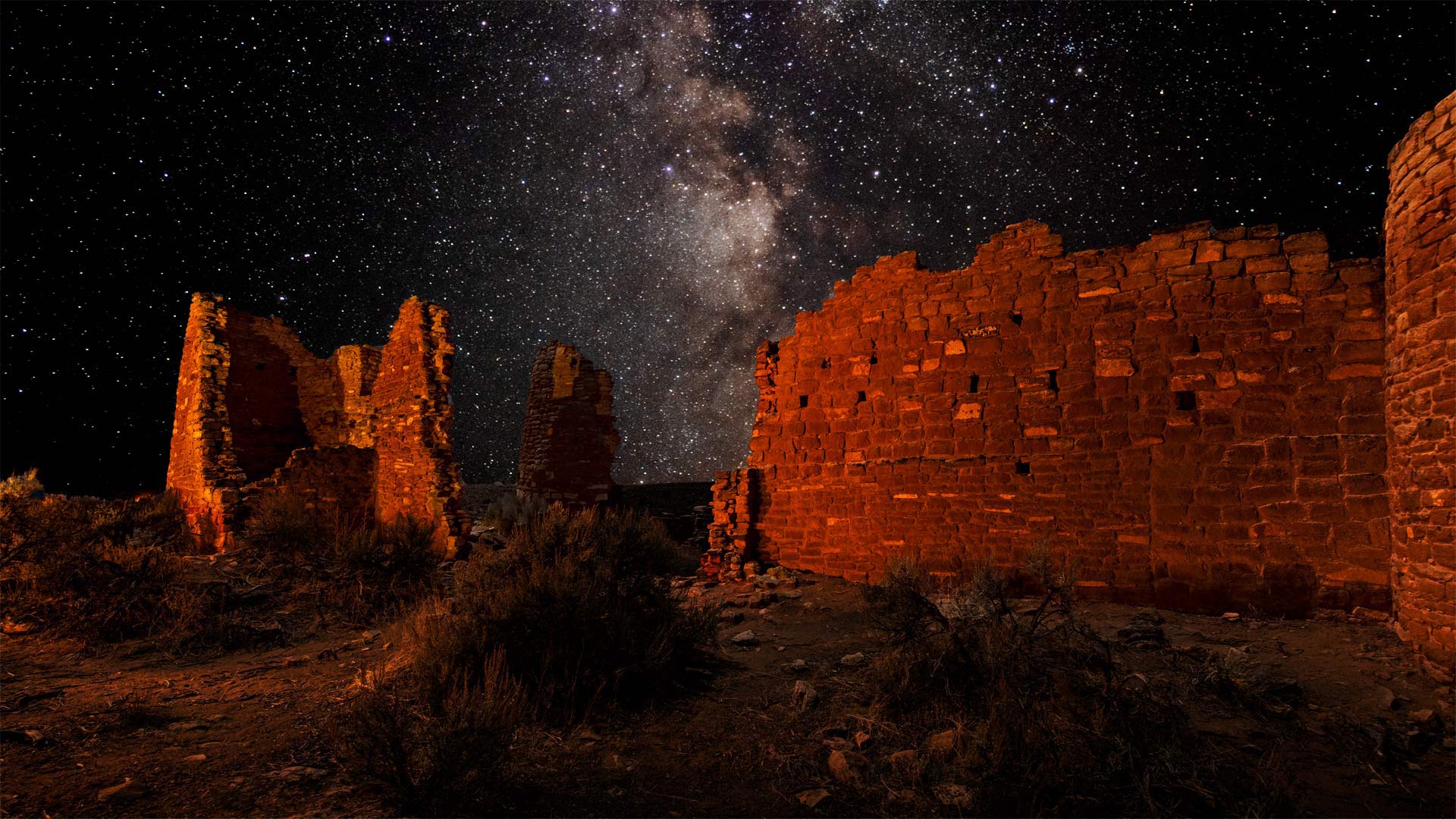Côte dʼIvoire, also known as the Ivory Coast, is a country in West Africa that has been making strides in recent years towards better waste management practices. With a rapidly growing population and urbanization, the country has been facing increasing challenges in managing the growing amount of waste generated. In response to this issue, the Ivorian government has launched several initiatives to address sustainable waste management, including the implementation of an incinerator project. This article will explore the importance of sustainable waste management in Côte dʼIvoire and the incinerator project’s role in achieving this goal.
The Need for Sustainable Waste Management in Côte dʼIvoire
Côte dʼIvoire is experiencing rapid population growth and urbanization, leading to an increase in waste generation. The country’s waste management infrastructure has struggled to keep up with the growing demand, resulting in environmental pollution, public health risks, and challenges for sustainable development. The improper disposal of waste has led to air and water pollution, soil degradation, and the spread of diseases, posing significant challenges for public health and the environment.
In addition to the environmental and public health issues, the inefficient waste management practices also have economic implications. The lack of proper waste management infrastructure has resulted in the loss of valuable resources and economic opportunities for recycling and reusing materials. Moreover, the current practices of waste disposal and open dumping are not sustainable in the long term and contribute to the degradation of the environment.
In response to these challenges, the Ivorian government has recognized the need for sustainable waste management solutions and has taken steps to address this issue. This includes the implementation of an incinerator project as part of a broader strategy to improve waste management practices in the country.
The Incinerator Project in Côte dʼIvoire
The incinerator project in Côte dʼIvoire is a significant initiative aimed at improving the country’s waste management infrastructure. The incinerator, located in the city of Abidjan, is designed to process and dispose of various types of waste, including municipal solid waste, medical waste, and hazardous waste. The facility utilizes advanced technologies to efficiently and safely incinerate waste, reducing its volume and minimizing its environmental impact.
The incineration of waste at the facility produces energy, which can be used for various purposes, such as electricity generation or heating. This not only reduces the environmental impact of waste disposal but also provides a sustainable source of energy, contributing to the country’s energy security and reducing its dependence on fossil fuels.
Furthermore, the incinerator project is expected to create employment opportunities and stimulate economic development in the region. The facility requires skilled workers to operate and maintain it, providing job opportunities for the local community. Additionally, the project will contribute to the development of a circular economy by promoting waste-to-energy solutions and creating value from waste materials.
The incinerator project is part of a comprehensive approach to sustainable waste management in Côte dʼIvoire, which also includes recycling, waste reduction, and public awareness campaigns. By integrating these various components, the country aims to enhance its waste management practices and transition towards a more sustainable and circular economy.
Frequently Asked Questions
Q: What are the environmental benefits of the incinerator project in Côte dʼIvoire?
A: The incinerator project helps to reduce the volume of waste, minimize its environmental impact, and recover energy from waste. By incinerating waste, the facility contributes to the reduction of air and water pollution, and greenhouse gas emissions, leading to overall environmental improvement.
Q: How does the incinerator project contribute to sustainable waste management?
A: The incinerator project forms part of a broader strategy for sustainable waste management in Côte dʼIvoire. By providing an alternative to landfill disposal, the facility reduces the environmental impact of waste and promotes a circular economy by recovering energy from waste materials.
Q: What measures are in place to ensure the safe operation of the incinerator?
A: The incinerator facility is operated in compliance with strict environmental and safety regulations. It undergoes regular monitoring and maintenance to ensure its safe and efficient operation, as well as to minimize its impact on the environment and public health.
Q: What role does the incinerator project play in the country’s energy security?
A: The incinerator project contributes to the country’s energy security by producing energy from waste. This energy can be utilized for various purposes, such as electricity generation or heating, reducing the country’s reliance on fossil fuels and providing a sustainable energy source.
Q: How does the incinerator project benefit the local community?
A: The incinerator project creates job opportunities for the local community, stimulating economic development and promoting sustainable waste management practices. The facility also helps to improve public health and environmental conditions, benefiting the local population.








